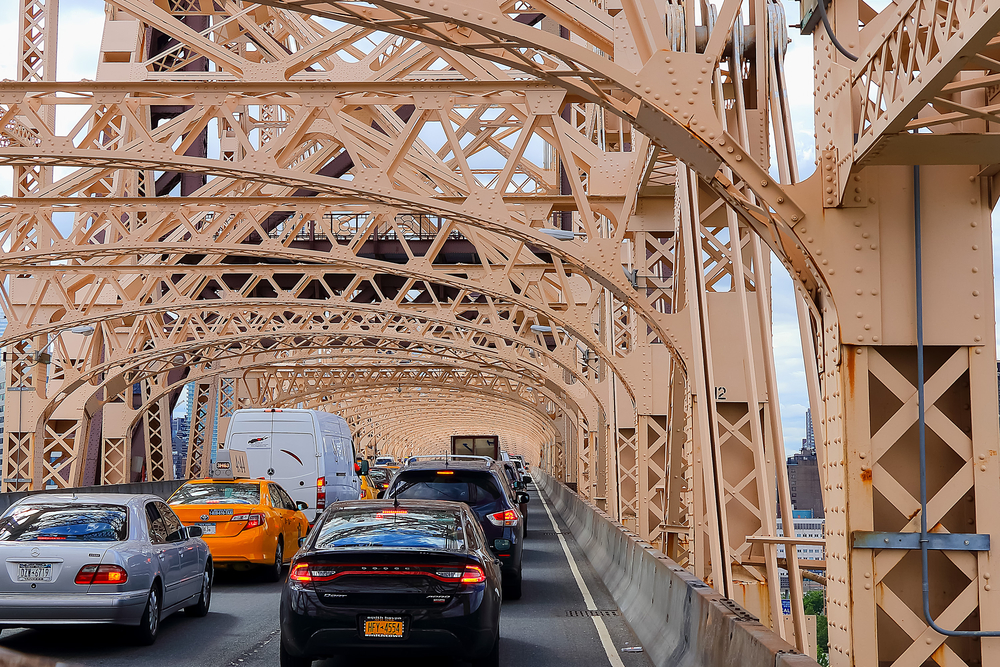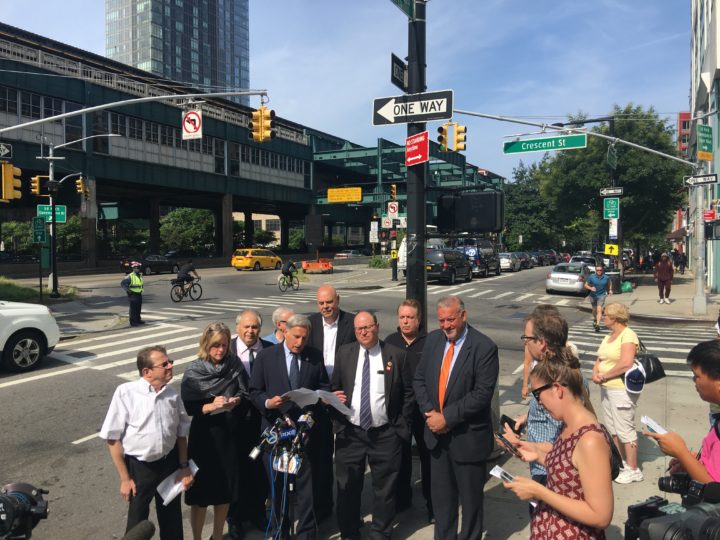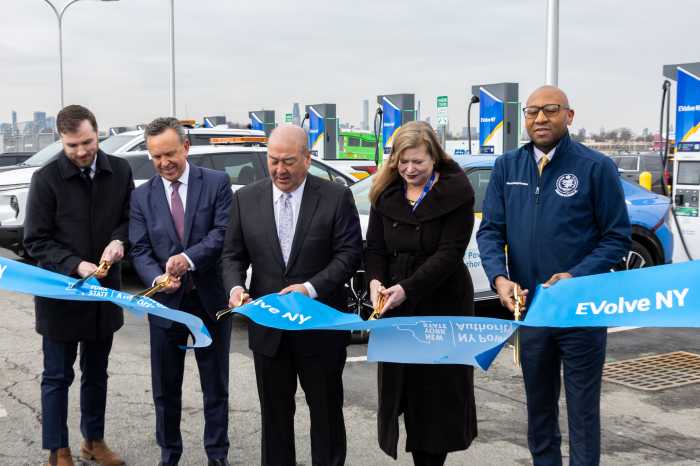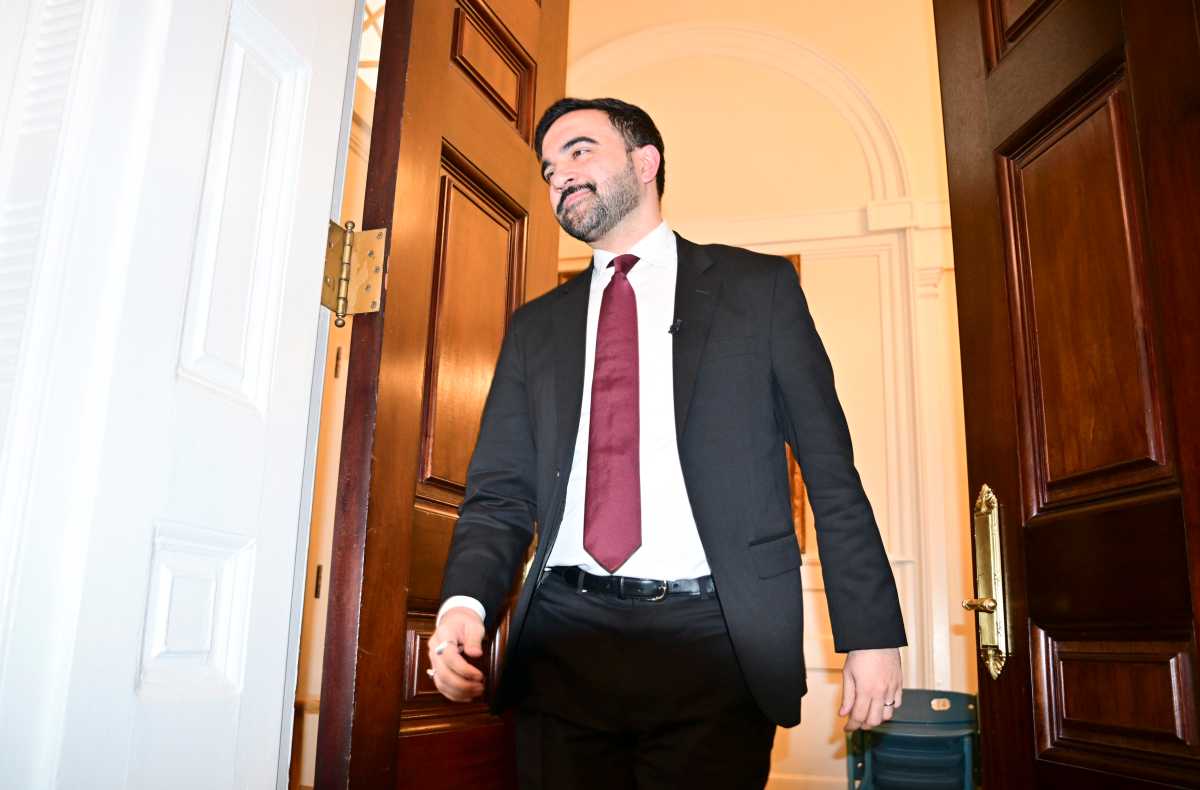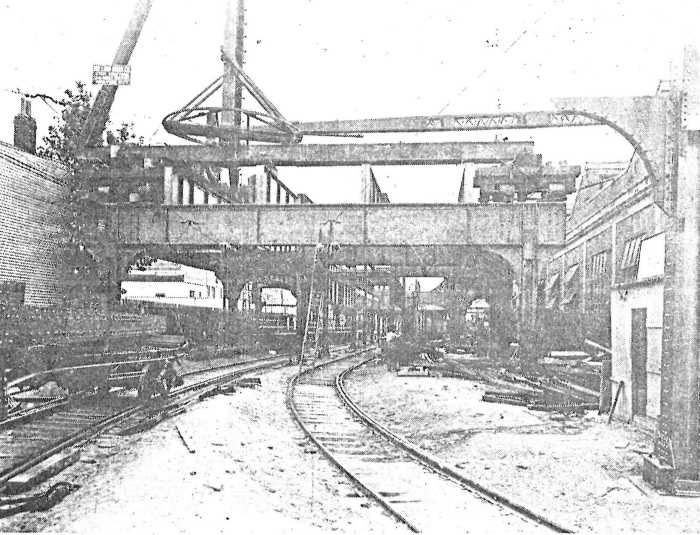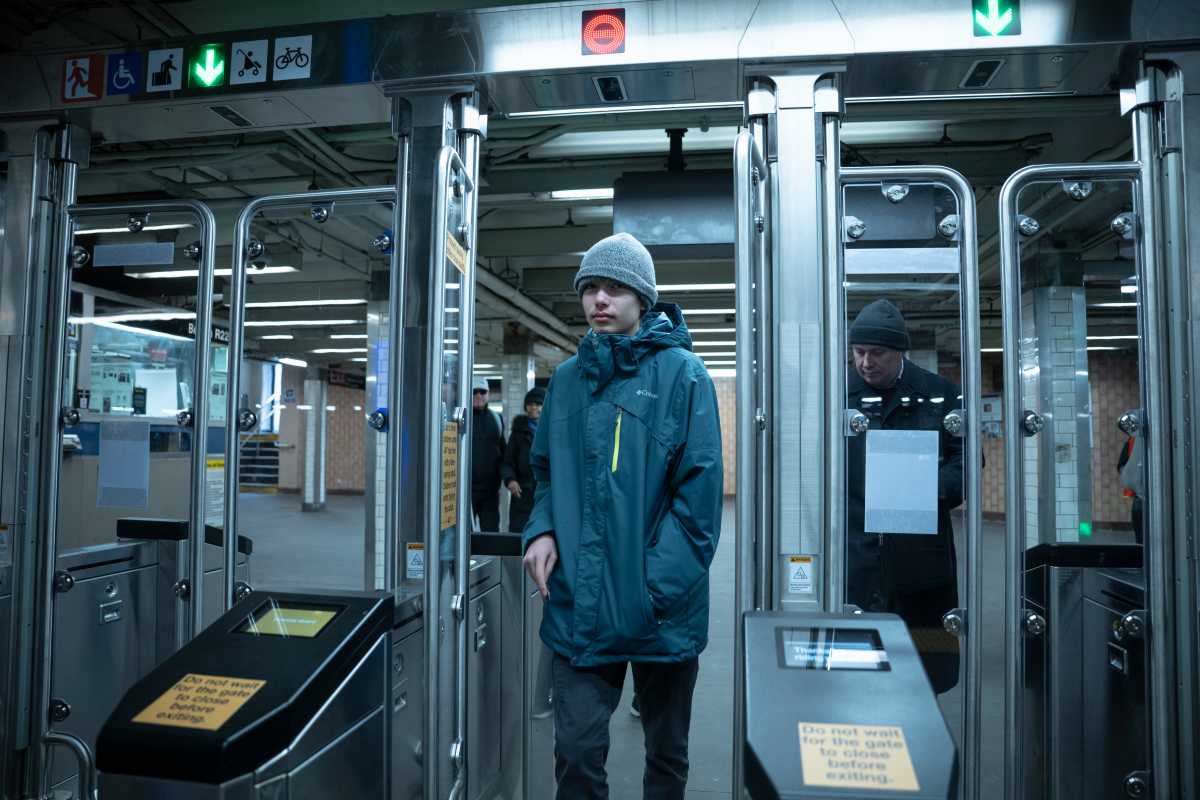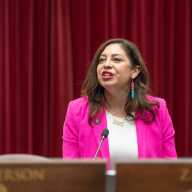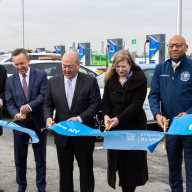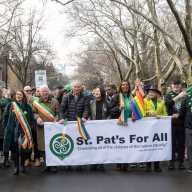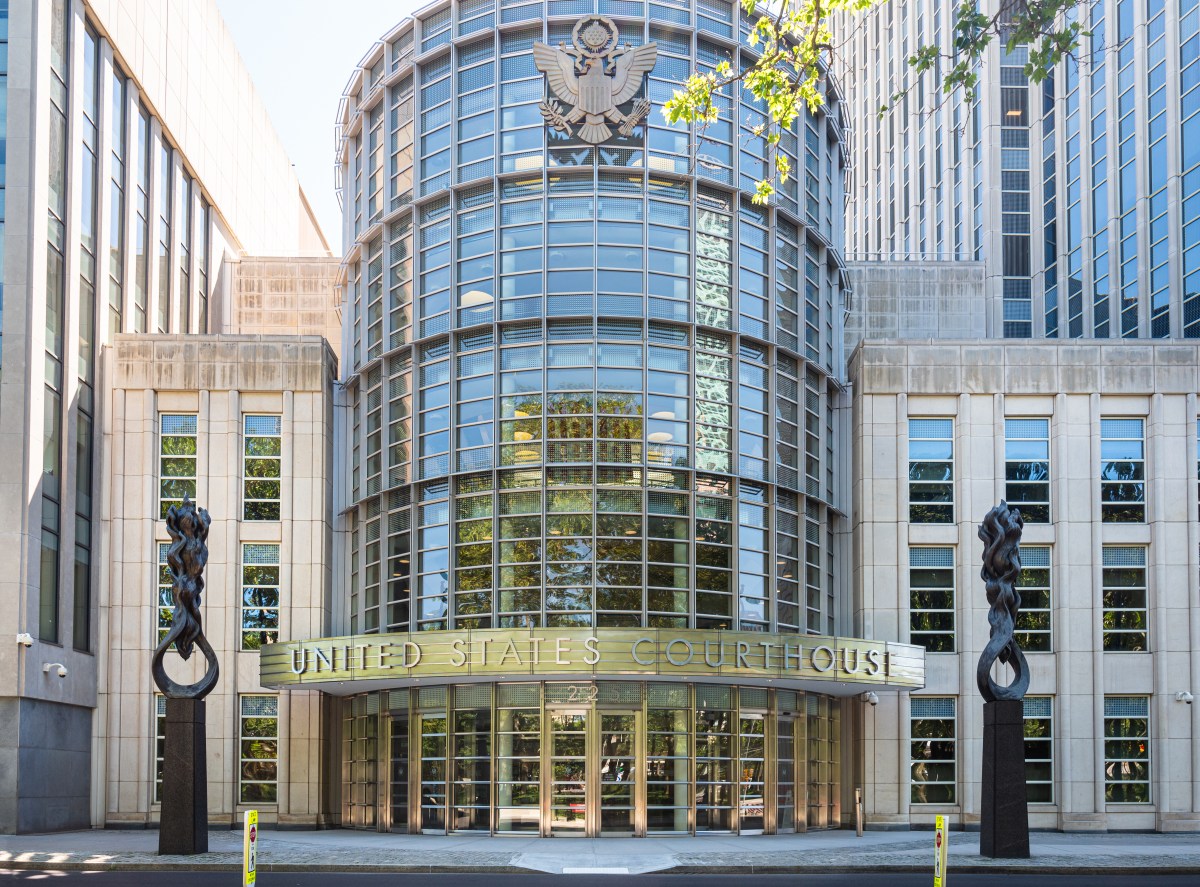“No new tolls” was the call in Queens on Sunday.
Queens Borough President Melinda Katz, Assemblyman David Weprin, Councilman Barry Grodenchik and local leaders gathered at the foot of the Queensboro Bridge on Aug. 27 to voice their opposition to any funding plan that includes enacting tolling on the free East River bridges. The bridges have been free since 1911.
The rally followed Governor Andrew Cuomo’s talk of a congestion pricing plan in New York to raise revenues for the city’s ailing mass transit network. The plan was met with opposition from Mayor Bill de Blasio, according to reports.
Katz said that the proposal, should it go into effect, would “landlock” Queens.
“Just as it’s hard to justify any fare increase for riders, it’s also hard to justify a bridge-and-tunnel toll that isn’t coupled with specific increases in service,” the borough president said. “We are one city, and it is fundamentally unfair to charge residents a fee to travel within one city, from one part of the city to another. It is certainly unfair to the families who live in the transit desert of Queens.”
Grodenchik and Weprin, who each represent areas of eastern Queens, said the plan would impose a financial burden on the working and middle-class residents who already contest with rising costs and limited transit options.
“These tolls are in fact a regressive tax on people who have limited public transportation options and would impose an unjustifiable financial burden on Queens residents, especially commuters, who are already struggling with rising costs of living,” Grodenchik said. “It is time for the MTA to get its fiscal house in order before further burdening area residents.”
“The people who rely on these bridges are a diverse group of New Yorkers who are trying to make affordable choices in this city and any future transportation plan for New York must take into the account the needs of outer borough residents,” Weprin said.
Kevin Forrestal, president of the Queens Civic Congress, pointed out that the bridge is used daily by people with physical disabilities, blue-collar workers who need to transport tools and materials, and individuals seeking health care.
“Most of those who utilize our East River crossings are lower- or middle-income residents who have seen their buying power reduced over the last decade,” Forrestal said. “They should not be burdened by imposing tolls.”
Jon Weinstein, a spokesperson for the governor, said limited impact on residents of the outer boroughs is “a must” for any future plan.
”There are a variety of models that are being reviewed, vetted and analyzed,” he continued. “It’s perplexing that Melinda Katz, David Weprin and Barry Grodenchik could hold a press conference on a proposal that hasn’t been proposed yet — they should really know the facts first.”
Former Mayor Michael Bloomberg first proposed bringing congestion pricing to Manhattan about a decade ago, but the plan was derailed in the state legislature.

